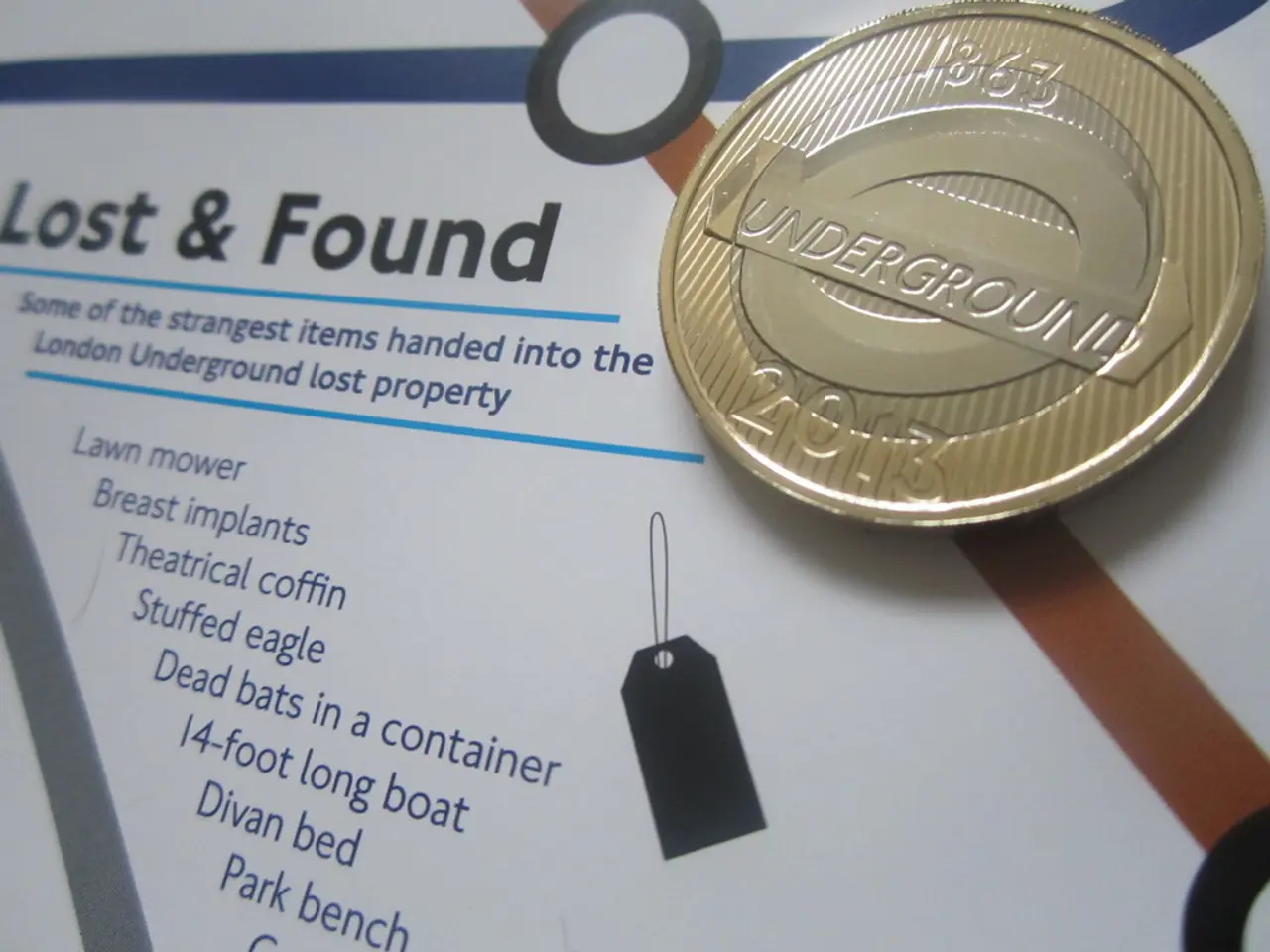Cross-border payment services of PayPal broaden with PayPal World and the adoption of stablecoins
In a significant move towards streamlining international transactions, PayPal has announced its strategy for cross-border payments, centring on the launch of the global platform called PayPal World and the promotion of its U.S. dollar stablecoin, PYUSD.
PayPal World, unveiled last week, aims to connect major regional digital payment systems, such as India’s UPI, Latin America’s Mercado Pago, China’s Tenpay (WeChat Pay), and PayPal-owned Venmo (U.S.), into a unified, interoperable infrastructure. This innovative solution enables users to send money internationally directly between different wallets, without the need to switch apps or use intermediaries. The platform supports bidirectional transfers, allowing seamless payment flows, such as from the U.S. to India or China, and vice versa.
Alongside PayPal World, PYUSD, PayPal’s stablecoin pegged to the U.S. dollar, is being integrated into these cross-border payments, especially targeting U.S. merchants and consumers to reduce international transaction costs. PayPal now allows merchants to accept over 100 cryptocurrencies including PYUSD, charging a low service fee of 0.99%, approximately 90% less than traditional card processing fees. PYUSD balances within PayPal accounts can also earn yield (about 4%), incentivizing users to hold stablecoins.
The use of stablecoins like PYUSD optimises the speed and cost efficiency of cross-border payments. They act as real-time settlement layers, seamlessly converting between local currencies and crypto, a technique often referred to as the "stablecoin sandwich". By combining this blockchain efficiency with their existing fiat banking 'rails', PayPal is able to offer an effective on-ramp and off-ramp between traditional money and stablecoins.
PayPal's latest earnings call provided key insights into its approach to cross-border payments as part of its transformation. The call included updates about the PayPal World project, as well as wider updates on PayPal's cross-border payments initiatives. The company had previously reduced its focus on cross-border payments units in recent earnings calls, but the growth in cross-border payments volume continues for PayPal.
The earnings call also saw PayPal reporting a 5% Year-on-Year increase in net revenue to $8.3bn in Q2 2025. The call followed the announcement of PayPal World, which expands PayPal's reach into the market previously dominated by Alipay+.
PayPal's CEO, Alex Chriss, also predicted more change in shopping methods in the next five years than the last two decades combined. He expects AI to transform the consumer experience dramatically.
In summary, PayPal’s current cross-border payments strategy focuses on PayPal World to unify diverse payment ecosystems globally and PYUSD stablecoin to reduce fees and settlement times, creating a seamless, low-cost, and integrated cross-border payment experience for consumers and merchants worldwide.
- By combining the launch of PayPal World, a global platform that links various regional digital payment systems, and the integration of PYUSD, a U.S. dollar stablecoin into its cross-border payments, PayPal aims to leverage both technology and finance to optimize speed and cost efficiency for international transactions.
- As part of its broader strategy, PayPal is also exploring the potential of artificial intelligence (AI) in transforming consumer shopping experiences in the next five years, signaling a significant shift in the industry by harnessing technology to improve its finance-related services.




